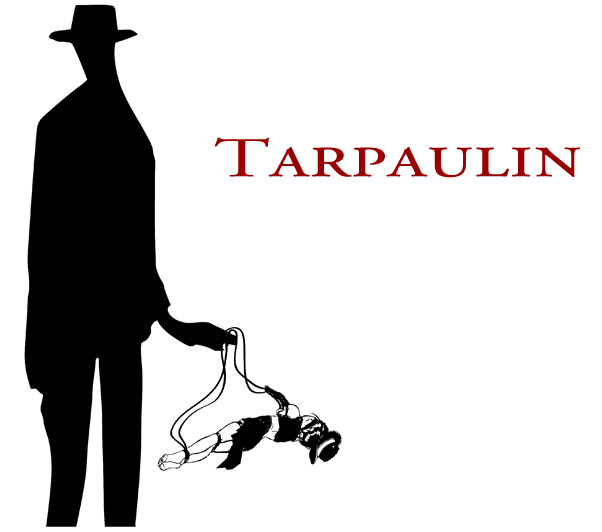
Arkadii Dragomoshenko
Dust
Dalkey Archive Press 2008
94pp, pb, $10.95
Reviewed by John Muckle
Essays, stories, dreams, aphorisms – this book of meditations on memory and writing is a densely-woven tapestry of aperçus, story-fragments, personal and cultural narrations which begin, break off, and are – sometimes – taken up again, philosophical speculations on time and perception, and disquisitions on its own oblique but exquisitely judged cut and shuffle methods. This serpentine course – which gives Dust the feel of a book many times its length – offers, among many other things, a brief glimpse of Gertrude Stein’s theory of identity, the amazing story of Sarah Pardee Winchester’s labyrinthine Californian spirit-house, designed to appease, or elude, the ghosts of all those killed by her husband’s repeating rifles, a beautiful essay on reading Paul Bowles (these both parts of the book’s longest excursion, ‘Do Not A Gun’), and, at the heart of Dust, reflections on the two cities which govern its dream-like structure: Dragomoshenko’s native St Petersburg, a place of cafes, lovers, and birds, and New York, a workplace and sometime adoptive home, a multiplying Chinese box of a place through which he experiences America and its cultures. Here, straying from his office at NYU on Washington Square, he notices one day on a class list that Walter Benjamin is enroled as a student.
Lyn Hejinian, a friend and correspondent of Dragomoschenko, compares him, among others, to Nietszche and Kierkegaard, but his writing is neither particularly dialectical nor concerned to negate any other system, although it is existential and sometimes anguished. He writes out of the distensio of St Augustine’s eternal present, a condition he finds amplified by the age of the Internet. He is indeed Benjamin-like, but not the sharp cultural commentator of the twenties, not the political and aesthetic radical of the thirties essays, neither the complex cartographer of nineteenth century Paris nor the writer of anguished meditations on history; and not the mystic or the seer either, but the cannabis-sodden meanderer around the backstreets of Marseilles and the byways of his own childhood: the Benjamin who always sat near the band and doodled an incomprehensible diagram of his life on a table-napkin.
Where would you escape to and why? Stay where you are. Everyone is calm and in a good mood. Besides, multiple perspectives require the utmost precision of finger, eyeball, and muscle, dragging memory along the word’s orbit from one layer of fog to another.Dust never quite settles. It celebrates a life of idleness and botanising, of elusive remembered loves, the love of literature for its own sake – Dragomoshenko is a translator of American poetry into Russian – and the cultivation of cultural jet-set sensibilities. But what remains of such a life as one gets older? Of what are memories made and what use are they? These are questions he poses and probes with a superbly acute, unwavering attention, in a landscape where nothing is securely possessed: “But nothing was mine. Not even the pronoun ‘he.’” Perhaps a good way into this nihilistic and occasionally frustrating book would be to read the last section first. ‘Dust’ supplies a few pages of free-standing notebook fragments which offer up his gists and piths:
Some people fix their gazes on the grid of a misty window, others stand by a statue, and still others look through viewfinders, while a fourth kind leans over an open book at night, turning pages with a consecrated knife. Their mouths are filled with Cambrian clay, their ears – with dreams of opium.
Aporia, motto, paradox, etc – a condition of thought where the answer continually outstrips the question.
In the end pleasure turns out to be something that excludes happiness, the labor to experience joy, a redundancy of knowledge and so on.
When I hear “You should work” from a person, whose eyes project the uncertain melancholy of an idiot, I realise that my idleness is lost virtue.




